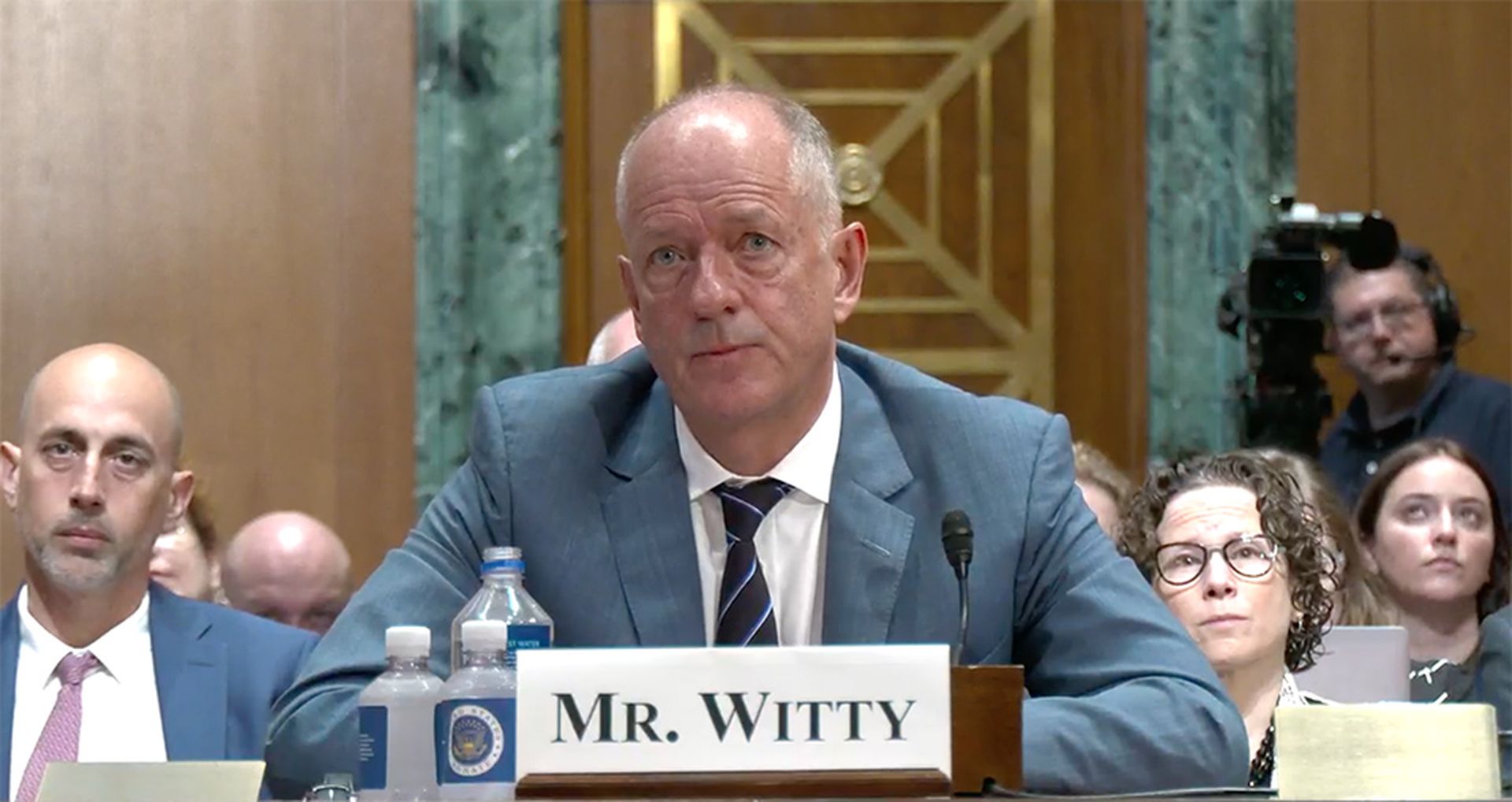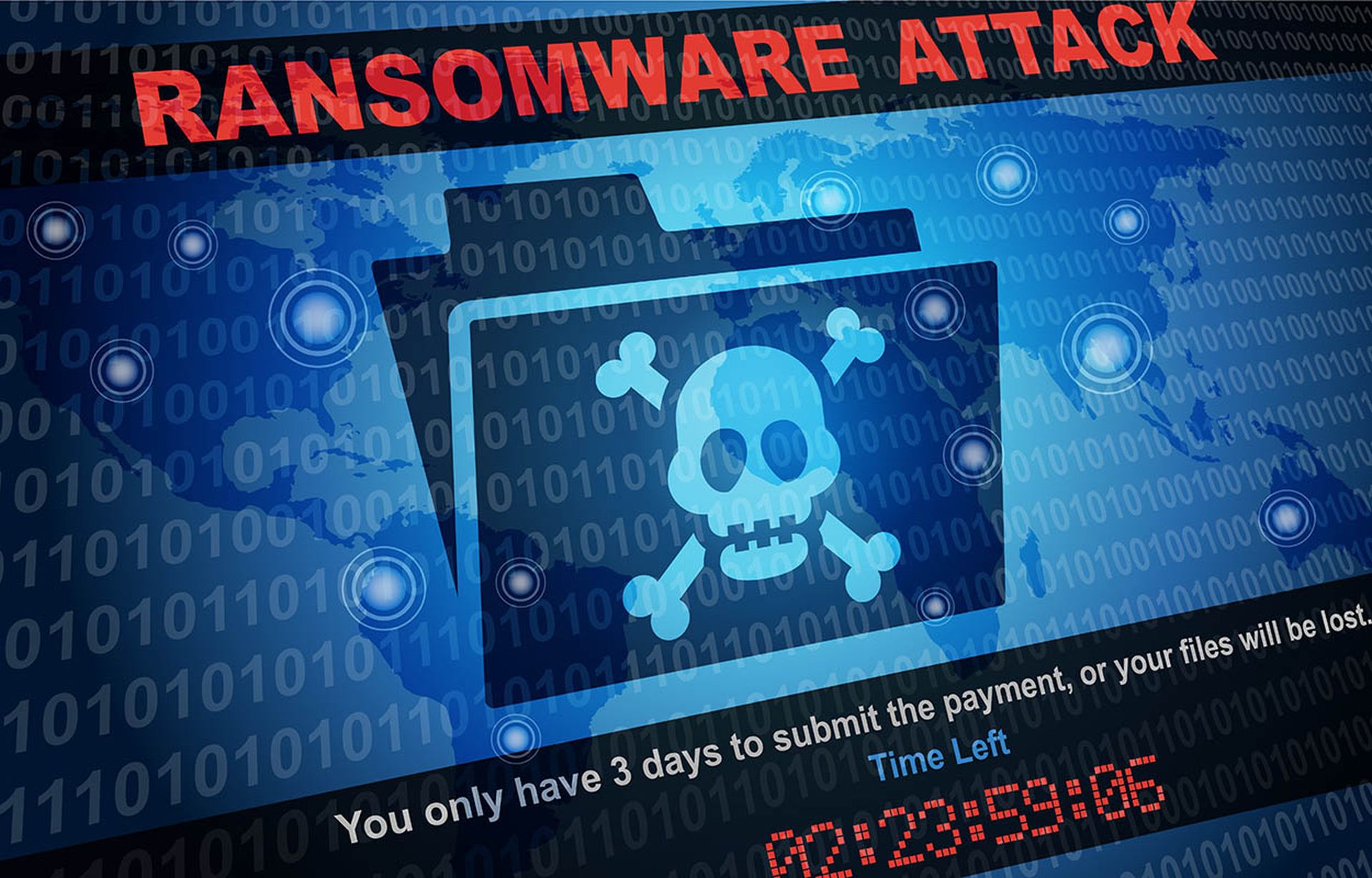In light of the recent cyberattacks on two New Jersey hospitals and a significant data breach impacting millions in New York, the healthcare sector has again been reminded of the critical need for robust data security and governance. These incidents, part of the Hackensack Meridian Health System and Perry Johnson & Associates, led to substantial operational disruptions and potential identity theft risks.
The New Jersey incidents:
Pascack Valley and Mountainside Medical Centers experienced a ransomware attack, causing significant disruption to their computer networks. The attack forced emergency rooms to divert status, directly affecting patient care and critical hospital operations. Because of the cyberattack, essential functions like lab work and billing had to revert to manual processes.
The ransomware attack likely encrypted or locked out access to critical systems and data necessary for emergency room operations. This includes access to electronic health records (EHRs), patient management systems, and other digital tools essential for emergency care. With systems compromised, the hospital's ability to deliver safe and effective emergency care was likely hindered. Diverting patients to other facilities ensured they could receive the necessary care without compromise.
Important operational functions such as lab work, radiology, and billing rely heavily on digital systems for efficiency and accuracy. The cyberattack would have rendered these systems inaccessible or unreliable. Staff had to resort to manual processes to maintain operations and patient care without these systems. This required using paper records, manual data entry, and alternative methods for managing patient flow, lab results, and billing procedures.
The New York incidents:
More than four million New Yorkers and nearly 9 million patients nationwide were affected by a data breach at medical transcription company Perry Johnson & Associates. Northwell Health and Crouse Health, among others, were impacted, with a significant risk of identity theft.
In both the New Jersey and New York cases, the breaches led to significant operational disruptions and potential risks to patient data, underscoring the vulnerability of healthcare institutions to cyber threats. Security pros are concerned about the vulnerability given the highly-regulated nature of the healthcare industry. These breaches aren't isolated, but indicative of a broader trend in healthcare cybersecurity. The sector has been increasingly targeted because of the sensitive nature of patient data. This poses a risk to patient confidentiality and trust, and also raises significant compliance issues under regulations like HIPAA.
The stark reality of these breaches in New Jersey and New York highlights the sector's vulnerabilities and signals a shift to a heightened-risk environment in healthcare. As we delve deeper into understanding these risks, it becomes clear that healthcare institutions are responsible for safeguarding patient data. This responsibility extends beyond mere compliance; it’s fundamental to maintaining patient trust in these institutions.
Let's explore some proactive measures security teams in healthcare can take to enhance security:
- Regular risk assessments: Continually identify and address network vulnerabilities to stay ahead of potential threats.
- Enhanced data encryption and segmentation: Implement these practices to safeguard patient data effectively.
- Automated security protocols: Deploy real-time threat detection and response systems for immediate action against cyber threats.
- Comprehensive staff training: Educate all employees on cybersecurity best practices to foster a culture of awareness and vigilance.
- Incident response planning: Have a clear, actionable plan to minimize the impact of any security breaches.
- Access control policies: Strictly control data access, ensuring only authorized personnel can access sensitive information.
- Regular software and system updates: Patch vulnerabilities by keeping systems up-to-date.
- Advanced analytics and AI for predictive threat intelligence: Leverage cutting-edge technologies for early detection.
- Partnerships with cybersecurity experts: Collaborate with cybersecurity specialists for enhanced insights and solutions.
The recent breaches underscore the urgent need for a proactive and empathetic approach to data security and governance in healthcare. It's clear that securing data goes beyond technical measures: it involves understanding the human element in healthcare, including the stress on healthcare workers and the importance of uninterrupted patient care.
As the healthcare sector navigates the digital age, these incidents highlight the necessity for comprehensive security strategies. Proactive, integrated approaches to data security and governance are essential to protect patient data, maintain trust, and ensure the continuity of care in a world increasingly driven by data and technology.
Ani Chaudhuri, co-founder and CEO, Dasera




